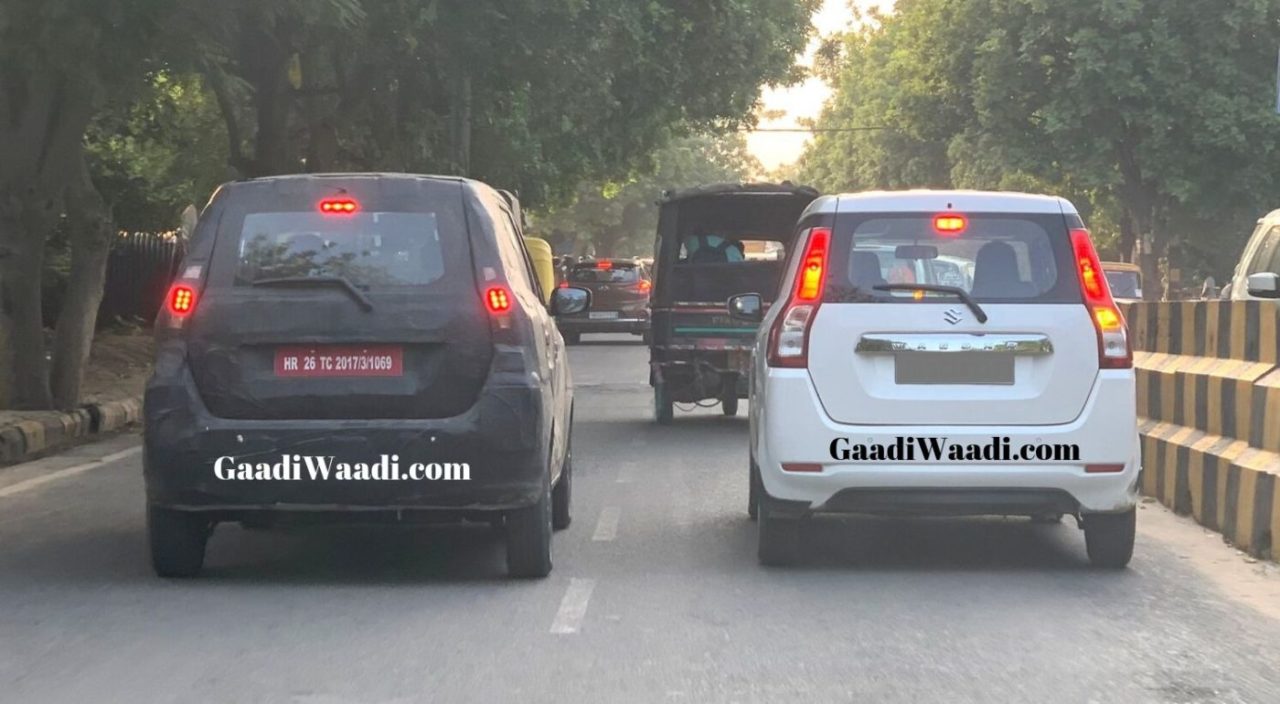
Maruti Suzuki Wagon R EV will likely be introduced in 2021 and it is expected to have a more premium equipment package compared to the regular model
In late 2018, Maruti Suzuki officially announced that the 50 Wagon R EV prototypes would test across the country ahead of the arrival of the brand’s first zero-emission mass market vehicle. While the electrified Wagon R was expected to launch this year, it did not turn out to be the case and the global health crisis may restrict it to 2021.
Over the last several months, the largest carmaker in the nation has been caught on camera testing the undisguised versions of the JDM-spec Wagon R EV. However, in recent weeks, the production version of the Wagon R EV based on the third generation tall hatchback introduced in January 2019 has been spotted a number of times.
It appears that the all-electric Wagon R will be positioned at a more premium price tag compared to the regular IC-engined model. While the electric vehicles are certain to cost higher than their ICE counterparts, it is important to justify the increase in price range and Maruti Suzuki seems to have adopted that strategy as well.
The latest set of spy shots posted by us here indicates the presence of projector headlamps and the design underneath the black wrap will be different from the standard 1.0-litre K-series engine equipped Wagon R. The front fascia boasts a split headlamp cluster in contrary to the traditional headlamp setup on the regular model.
The side tilted triangular shaped housing has large headlamps and the Daytime Running Lights are positioned just above with likely LED turn signals. The bumper section has round-shaped fog lamps and the prototype seems to ride on the alloy wheels borrowed from Ignis. Elsewhere, the tall pillar profile and vertically stacked tail lamps could be retained.
The Maruti Suzuki Wagon R EV could be sold for taxi buyers before reaching private customers and it could have a charging time of around seven when a standard AC charger is utilized. A DC fast charging facility is expected to be offered as well and it could reduce the charging time from zero to 80 per cent to less than sixty minutes.


